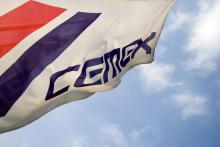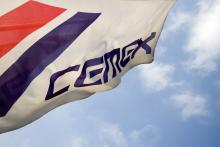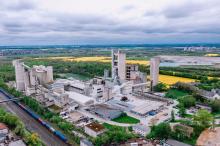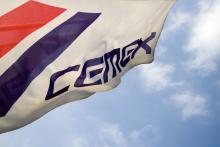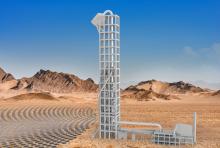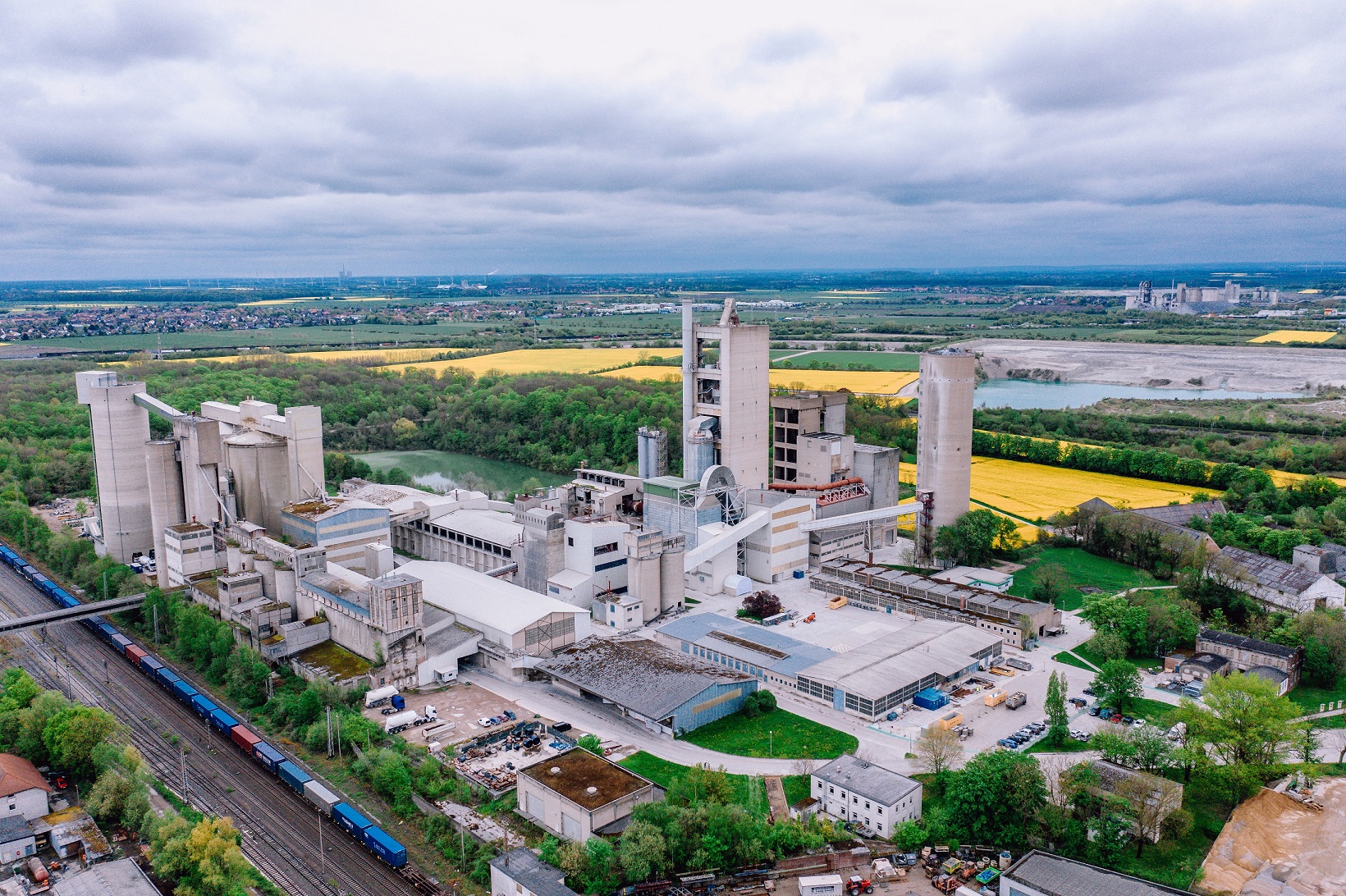
The building materials giant is playing a leading role in this innovative carbon capture project in Germany, capable of capturing 20% of its CO2 emissions at a very low cost.
LEILAC 2 is a research and innovation project based at HeidelbergCement's cement plant in Hanover, Germany, utilising carbon capture technology to decarbonise cement production. It is funded by the European Union's Horizon 2020 research and innovation program, and the project team comprises leading industrial, technology, and research & development partners.
The project seeks to isolate the carbon produced from the clinker manufacturing process, resulting in a concentrated CO2 that can be easily captured and possibly stored. This indirect calcination technology may be powered by electricity generated from renewable sources, significantly reducing the need for fossil fuels in the cement production process.
CEMEX has played a crucial role in defining and solving the main technical challenges for the project in the front-end engineering design phase. CEMEX is also supporting the consortium in identifying and procuring the optimal equipment and technology for the project.
Drawing on its significant experience in alternative fuel usage, CEMEX has also been tapped to validate the technology used in the combustion trials to generate the required thermal heat required in the LEILAC 2 project.
"As a climate action leader in our industry, we focus on developing the emerging technologies we need to achieve our net-zero CO2 goal. While our roadmap to 2030 relies on existing solutions, LEILAC 2 is an important example of our commitment to work with partners to develop and scale the new technologies that will move the industry to carbon neutrality," said Roberto Ponguta, CEMEX vice-president of global operations, technical and energy. "As part of our Future in Action program, we are developing industrial-scale projects looking to use technologies that capture CO2 most efficiently."

